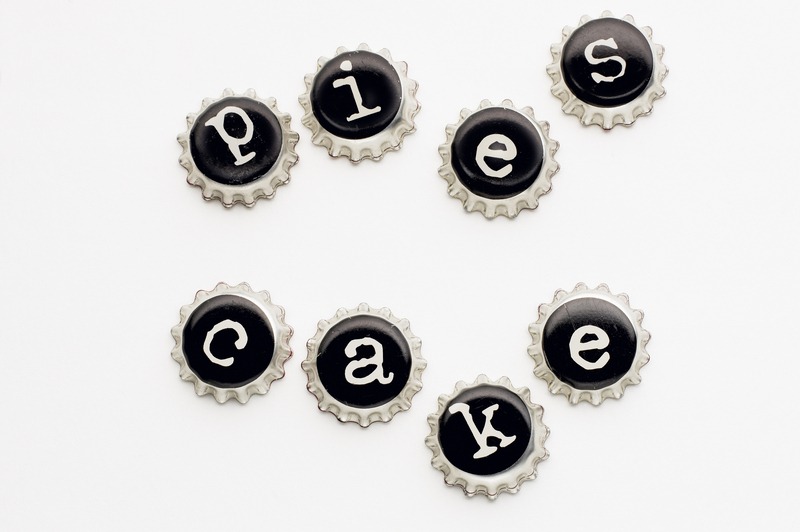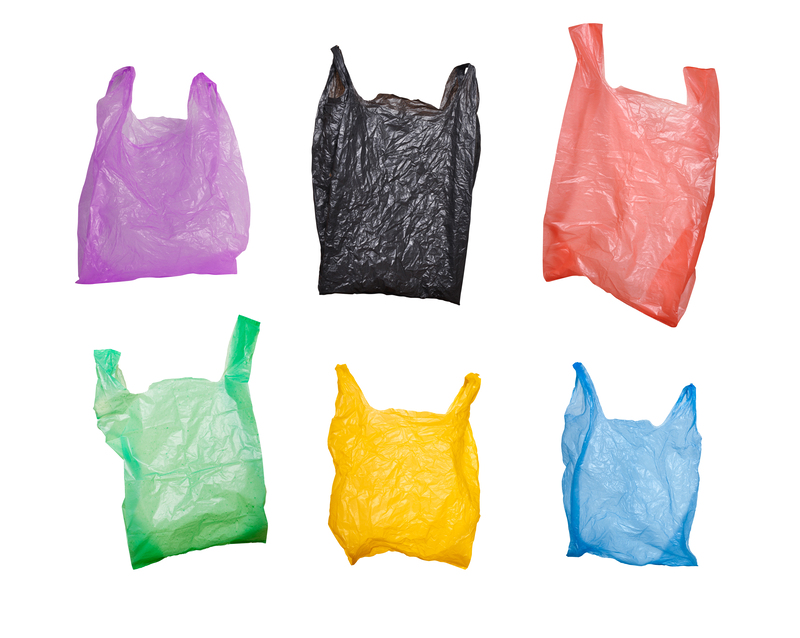Keep More Money in Your Pocket When Dealing With Bulky Waste: A Complete Guide
Do you have an old sofa that's seen better days? Maybe your garage is crowded with broken appliances, or you're planning a renovation and already dreading what to do with all that bulky waste. Not only is disposing of bulky waste often a hassle, but it can also get expensive fast. If you want to keep more money in your pocket when dealing with bulky waste, you're in the right place.
This comprehensive guide will walk you through budget-friendly solutions for bulky item disposal, offer creative ideas to save on removal fees, and help you make eco-friendly choices that benefit both your wallet and the environment.

What is Bulky Waste?
Bulky waste refers to items that are too large to be disposed of with regular household garbage. These typically include:
- Old furniture (couches, mattresses, chairs, tables)
- Large appliances (refrigerators, washing machines, ovens)
- Yard debris (branches, logs, tree stumps)
- Electronics (big TVs, computers, printers)
- Renovation waste (carpet, drywall, fixtures, bathtubs)
Because these items can't just go to the curb on trash day, disposing of them requires a different approach--one that's often costly if you're not careful. Luckily, there are many ways to save money on bulky waste removal and even turn old items into resources!
Why Is Bulky Waste Disposal So Expensive?
Many cities charge separate fees for picking up oversized waste. Landfills may charge by the pound or by the truckload, and hiring a professional junk removal service can be a significant expense. Here are a few reasons why costs can add up:
- Extra labor for lifting and loading heavy objects
- Special equipment required for hauling
- Fees for proper disposal of electronics or hazardous materials
- Limited landfill space and increased disposal regulations
However, with a smart strategy for bulky waste management, you can keep these costs down.
Smart Ways to Save Money on Bulky Waste Disposal
1. Check Your City's Free Pickup Programs
Many municipalities offer free annual or seasonal bulky waste pickup days. If you plan ahead and coordinate your clean-out with these programs, you could save a substantial amount.
- Find your city's sanitation schedule on their official website
- Register in advance if it's required
- Follow guidelines for what's accepted and how to set items at the curb
Failing to schedule appropriately might result in missed pickups--or worse, a fine for illegal dumping.
2. Reuse, Repurpose, or Donate Before You Dump
Before paying for disposal, ask yourself: Could someone else use this? You might be surprised how many organizations or individuals are eager to take items off your hands, either for free or even for a few dollars.
- Donate usable furniture or appliances to local charities like Goodwill, Salvation Army, or Habitat for Humanity Restore
- Post for free or sale on marketplaces such as Craigslist, Facebook Marketplace, or OfferUp
- Repurpose materials--old doors into shelves, or wooden pallets into garden planters
- Create a "free" pile at your curb with a visible sign--neighbors may give your items a new life
Not only does this keep bulky items out of landfills, but donating may qualify for a tax deduction--another way to keep more money in your pocket!
3. Dismantle for Easier and Cheaper Disposal
Large items often incur higher fees because of their size. Break down furniture, appliances, or renovation waste into smaller pieces. This can:
- Make it fit in a standard garbage bin
- Reduce volume, lowering landfill or dump fees
- Allow for sorting--metal and wood can often be recycled or disposed of separately at lower cost
Always check with your local waste authority for specific rules about how to prepare items for collection or drop-off.
4. Rent a Dumpster--But Only If It Makes Sense!
For large-scale cleanouts or DIY renovations, sometimes renting a dumpster is the most cost-effective solution. But there are ways to maximize savings:
- Compare rates from multiple rental companies
- Choose the right size: too big, and you're paying for unused space; too small, and you could be hit with overflow fees
- Share the cost with neighbors for a community cleanup
- Load strategically--disassemble and compress items to fit more
Remember to ask about weight limits, items not accepted, and potential extra charges.
5. Take Advantage of Recycling Programs
Many appliances, electronics, and certain furnishings have components that can be recycled--sometimes for free or at a discounted rate:
- Metal scrap yards often pay (per pound) for appliances or metal bed frames
- Many stores and manufacturers offer electronics recycling events or trade-in deals
- Mattress recycling facilities may accept clean, dry mattresses for a small fee or no charge
Call ahead to check what they accept and whether documentation is needed.
6. DIY Hauling for the Handy and Resourceful
If you have a truck or trailer, self-hauling can be the cheapest way to deal with large waste disposal. Tips to make it efficient:
- Combine loads with friends or neighbors to split fees
- Sort materials for different landfill or recycling centers
- Wear gloves and use tie-downs for safe hauling
- Call ahead for prices--some landfills charge less for separated materials
Always recycle or dispose of hazardous materials such as batteries, paint, or propane tanks according to local laws: improper handling can result in fines.
Secret Money-Saving Hacks for Bulky Waste Removal
Check for Manufacturer Take-Back Programs
Some electronics, appliances, and mattress manufacturers offer free take-back programs when you buy a new item. Look for brands that include disposal in the purchase price.
Leverage Rebates and Local Incentives
Occasionally, cities or utility companies offer rebates or vouchers when you recycle old appliances or other bulky items through approved programs. This could mean getting paid (or at least reimbursed) to properly dispose of your waste!
Host a Community Swap or Sale
Organize a yard sale, swap meet, or apartment building "giveaway day." What's clutter for you could be treasure for someone else. Any unsold items can be easier to haul away together, spreading the cost.
Barter for Removal Services
If you're on a budget, consider barter: trade services with a neighbor or handyman (such as garden work in exchange for help with hauling).
The Environmental Benefits of Budget Bulky Waste Disposal
Being frugal is great, but choosing eco-friendly bulky waste solutions offers more long-term rewards:
- Reduces landfill use and pollution
- Encourages reuse and recycling of valuable materials
- Supports local charities and helps those in need
- Lowers demand for new raw materials, conserving resources
If you can keep bulky items out of the trash, you'll not only save money on waste removal but also contribute positively to your community and planet.
Common Mistakes to Avoid When Disposing of Bulky Waste
- Illegal dumping--risking fines and contaminating the environment
- Ignoring city pick-up schedules--leading to missed opportunities and extra costs
- Poor preparation--failing to dismantle or sort items, resulting in higher disposal fees
- Not exploring free or discounted disposal options
With the right knowledge, you can avoid costly errors and maximize your savings on bulky waste management.
Quick Bulky Waste Disposal Checklist to Keep More Money in Your Pocket
- Inventory your bulky items--know exactly what needs to go
- Research free or low-cost city collection programs
- Donate, sell, or repurpose what you can
- Get estimates from disposal and hauling companies if needed
- Disassemble and sort items for cheaper disposal or recycling
- Ask about manufacturer or retailer take-back programs
- Coordinate with friends, neighbors, or your community to share pickup or dumpster costs

FAQ: Keeping More Money in Your Pocket with Bulky Waste
1. Can I just leave large waste items next to my trash bin?
Usually, no. Most municipalities require special handling or advance notice for bulky waste disposal. Check your local guidelines to avoid fines.
2. Is hiring a junk removal company ever worth the cost?
For major cleanouts or when physical lifting is a challenge, professionals can be a lifesaver. Shop for quotes, read reviews, and consider sharing the truck with neighbors to reduce costs.
3. How can I reduce my household's bulky waste over time?
- Buy durable, long-lasting products
- Repurpose or repair items before discarding
- Participate in regular donation and recycling drives
4. Are any disposal options completely free?
Yes! Options include city-sponsored bulk pickup days, donating to charities, and using manufacturer take-back programs. It's wise to research current programs in your area.
Conclusion: Maximize Savings, Minimize Waste
Whether you're clearing out your attic, upgrading appliances, or managing a move, keeping more money in your pocket when dealing with bulky waste is possible with some planning, creativity, and community spirit.
Remember to research all your options, prioritize reuse and donation, and take advantage of local resources designed to help residents save on disposal costs. Every item you keep out of the landfill saves you money--and helps the environment.
Next time you're faced with a pile of bulky waste, return to this guide to find the perfect, pocket-friendly disposal strategy for you!
Ready to Save? Start Your Bulky Waste Plan Today!
Got additional tips or stories about saving money on large waste disposal? Share them in the comments below. Let's help each other create cleaner, greener, and more affordable communities.
```